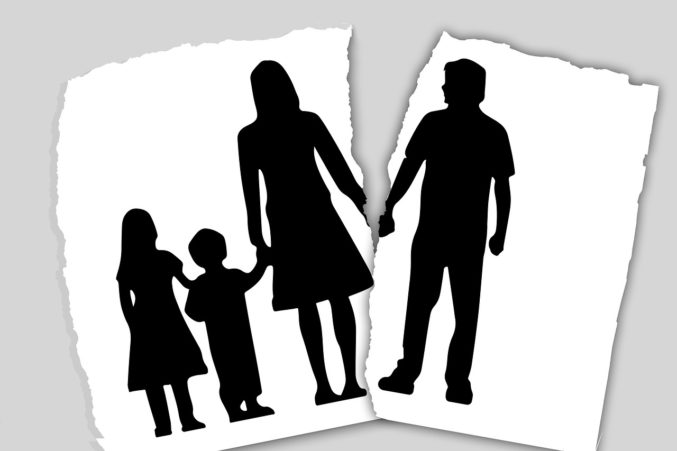By Margaret Hickey
The result of last Friday’s divorce referendum to remove the waiting time of four years from the Constitution was passed by a margin of just over four to one. Not a surprise to anyone on either side of the argument. Ireland has been cresting a liberal wave for a number of years. In addition, no campaign to speak of was mounted against the Government-backed referendum. Perhaps if there had been one, the no vote would have gone up a few percentage points.
If anything is surprising about the recent referendum result it might be that almost a fifth of us still think that a four-year delay before seeking full dissolution of a marriage – and therefore a right to remarry – is a reasonable stance. (Remember, a couple can reach a legal separation long before then and decide child custody arrangements, etc).
The liberal wave is massively facilitated by a supportive, sympathetic media. The prevailing mind-set can be summed up in the question raised in a tweet on Saturday as the results were coming through, ‘who the heck is voting No?’. The view is that there is only one reasonable, decent and humane response, so debating the matter is not only pointless but hurtful if not hateful to those who have been through a broken marriage.
So, it was easy for the government to shape the discussion on their terms in the few debates that took place. The issue was presented one of compassion for a small number of people whose marriages were irretrievably broken to allow them move on with their lives within a more reasonable time frame. Those who tried to ground the discussion in the wider social issue of family breakdown -as I did in several radio debates – were fighting against the cultural tide represented not alone by government spokespersons but also by the media charged with moderating the debate.
The effects on children of marital breakdown has been widely researched in other countries. It can be better for children for parents to separate if the marriage is high conflict. But more than half of marriages that come to an end are low conflict and in these cases children can suffer lasting damage if the parents split up.
Yet, none of this was considered relevant by those who wanted to accelerate a process that takes children into new forms of family without their choice and often with a poorly informed understanding of how such disruption impacts their well-being and future lives.
The issues underlying this referendum have not been resolved by Friday’s vote. They will remain for another day when our legislators realise that good policy is based on objective research and analysis, a vision for society and a recognition that the family unit of mother, father and child is the best guarantor of the security and protection children need to thrive and the best chance of success, across a wide band of headings, in future life. Pressure from one-issue lobbyists, whose understanding of wider societal needs is clouded by particular priorities, should not dictate public policy. For now, however, we live in a country that often sets individual rights above considerations of societal stability and fairness and promotes the choices of adults without a fully informed awareness of how they impact on children.
















